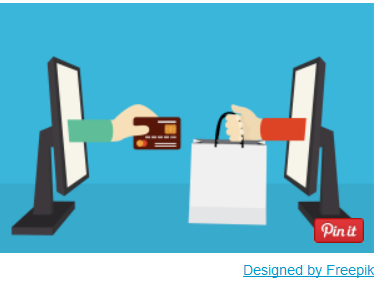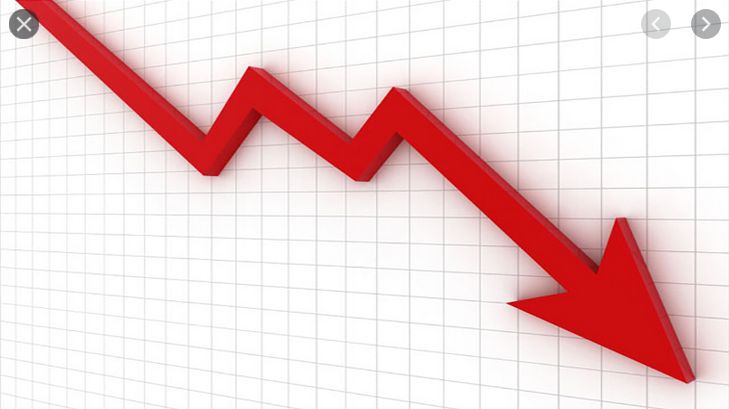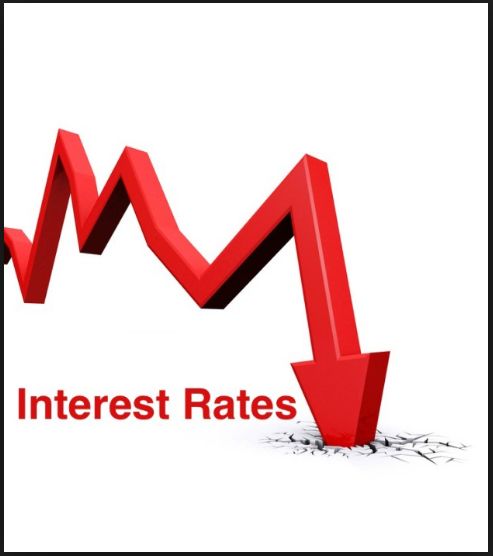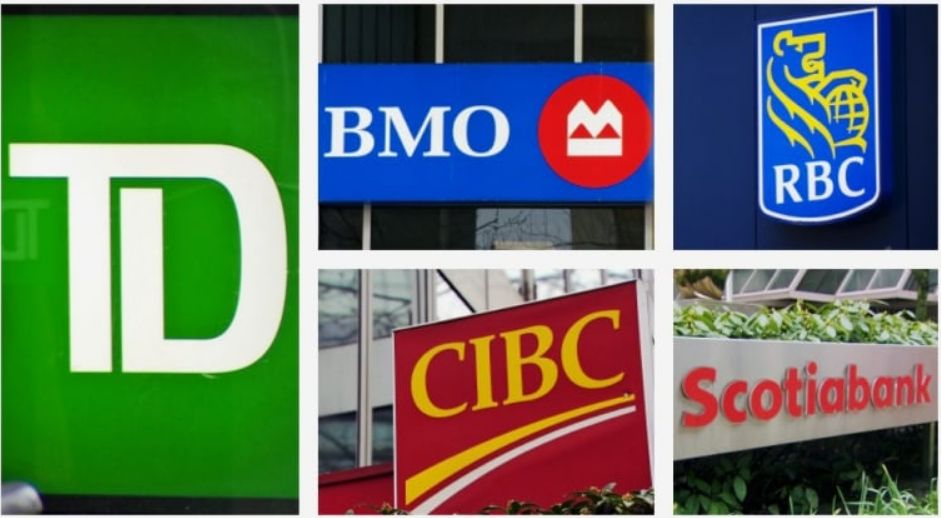1. Don’t use your credit card when you can’t afford to pay the balance.
If you can’t afford to pay for a purchase in cash, then you really can’t afford to put it on your credit card. And, if you swipe your card knowing you can’t pay back what you bought, you could be guilty of fraud. You may not necessarily be arrested, but some creditors may use the fraud argument to keep you from bankrupting that debt later on down the road. Charging things you can’t afford is the surest way to get into debt and ruin your credit score.
2. Think twice about swiping when you don’t know your available credit.
Many of the major banks have eliminated the over-the-limit fee and some have even replaced credit limits with spending limits, but that doesn’t mean it’s ok to exceed your credit limit. If you’ve opted-in to have over-the-limit transactions processed, you could trigger an interest rate increase by going over your limit. Not only that, maxed out credit cards are bad for your credit score and most difficult to pay back. Always confirm your available credit before using your credit card.
3. Avoid credit card purchases when you’re applying for a mortgage.
Mortgage lenders frown upon big credit card balances when you’re applying for a mortgage. The more credit card debt you have, the harder it will be to qualify for a mortgage because that also means you may have a hard time making mortgage payments. It’s best to save big credit card purchases at least until after you’ve completely the mortgage process. Even better to wait a few months to get adjusted to having a mortgage.
4. Don’t use your credit card to make yourself feel better.
You could easily end up overspending if you’re swiping to cure the blues, especially since shopping is just a temporary fix for a deeper issue. Look for cheaper ways to solve emotional dilemmas, like running, bicycling, or gardening, or solving the problem that’s keeping you distressed. Running up a credit card balance could backfire when you realize you don’t have the money to pay back the credit card balance (see #1).
5. Don’t use your credit card when you already have debt.
It’s smarter to pay your existing credit card balances before you charge something else. Making new purchases before you’ve paid off old ones is an easy way to get into credit card debt. If you don’t know how much debt you have – shame on you! Time to pull out your credit card statements, tally up your balances, and come to terms with your indebtedness.
6. Avoid using your credit card when you’re intoxicated – or hungry.
Certain times you’re less in control of your decisions than others. If you’re intoxicated or even hungry, you could spend more than you’re able to pay back. Don’t shop when you’re hungry and only carry a limited amount of cash if you plan to drink.
7. Don’t use your credit card if you don’t trust the person or device handling it.
With credit card skimming, thieves can steal your credit card information while you’re looking. Waiters and waitresses have been caught passing credit cards through a skimmer in an otherwise legitimate transaction. And fraudsters are known to have placed skimming devices on ATMs and at gas pumps. Though you’re not liable for most fraudulent charges, it’s still a pain to deal with. Don’t use your credit card if you think there’s a chance your card information could be stolen.
Read the full post in about money







